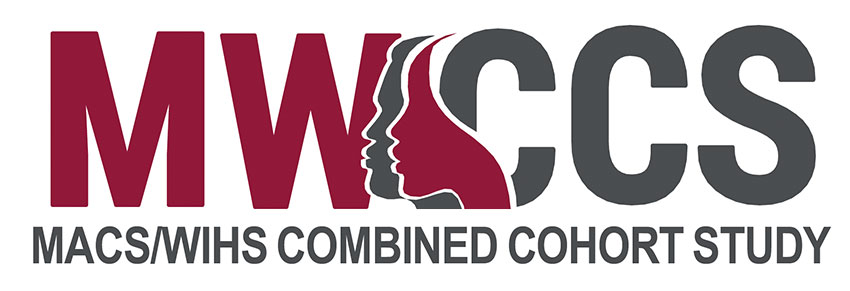The Multicenter AIDS Cohort Study (MACS)/Women’s Interagency HIV Study (WIHS) Combined Cohort Study (MWCCS) is a collaborative research effort that aims to understand and reduce the impact of chronic health conditions the affect people living with HIV. The study will assess how factors, such as sex, race and ethnicity, aging, psychosocial, and genetics impact HIV progression and risk for comorbid conditions such as cardiovascular disease, cancer, neurocognitive impairment, and lung disease.
The MWCCS combines the longstanding separate MACS and WIHS cohorts funded previously by the National Institute of Allergy and Infectious Diseases (NIAID), at the National Institutes of Health (NIH). In 1984, the MACS was established to investigate the epidemiology of what soon became known as human immunodeficiency virus (HIV) infection. The study enrolled 7,300 men who have sex with men, reflecting the group at highest risk at the time. Initially funded in 1993, the WIHS cohort study enrolled 4,982 women using the same methods.
In 2019, the National Institutes of Heart Lung and Blood (NHLBI) became the primary steward of the new MWCCS. The NHLBI works in close collaboration with the NIH Office of AIDS Research as well as several co-funding institutes across the NIH to support the MWCCS research agenda.
